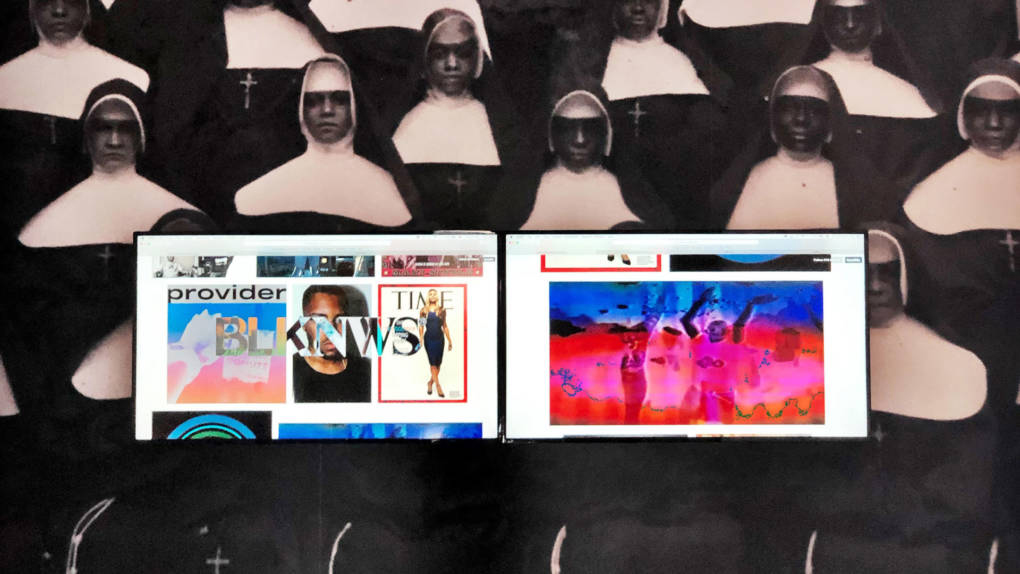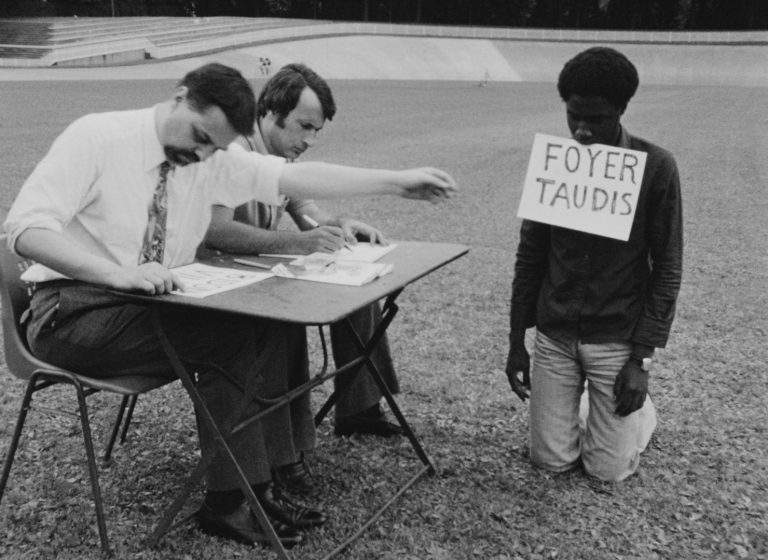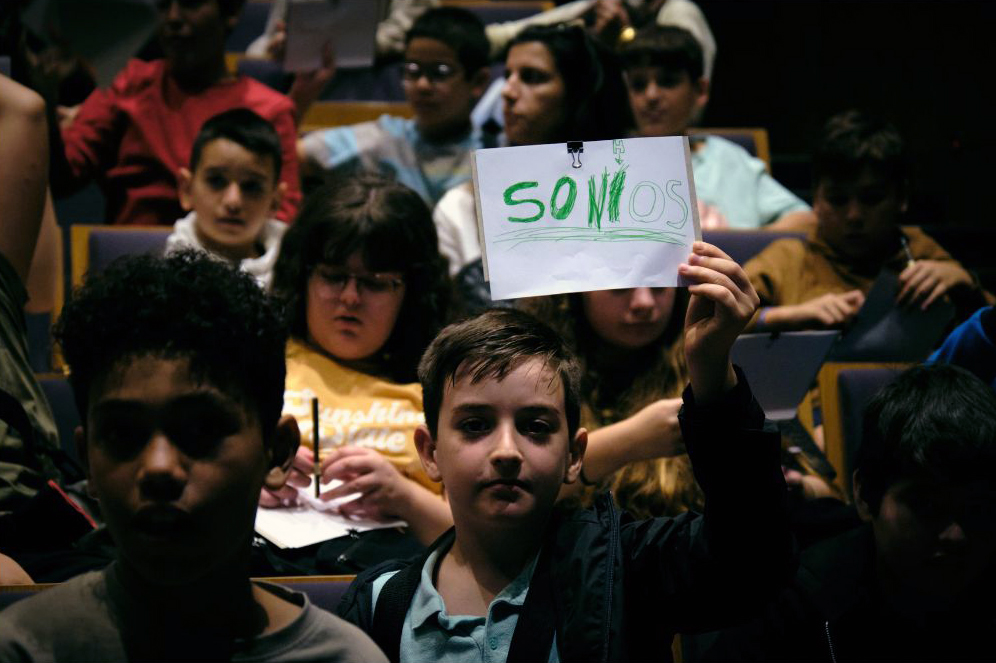EN

outubro 2025
From 30 October to 2 November, MICAR - International Anti-Racist Film Festival returns to Batalha with more films and discussions. This year, the programme focuses on migration.
Bodies in Motion: Migration, Desire and the Right to a Place
Promoted by the Porto branch of the SOS Racismo movement, MICAR showcases other cinematographies, broadening the debate on marginalised and discriminated populations. ‘With each edition, we try to articulate a theme [overarching concept] and design a programme that attempts to expand on that theme,’ Rita Ferreira, from MICAR, tells Agenda Porto. This year, the focus will be on migration, as it is ‘a hot topic’.
‘We want to think about migration: why do we move, since we have been moving for centuries and drawing borders for centuries; what are the reasons for these migrations - climate problems or wars, but also the desire to exist, such as the desire to exist in gender identities, sexual identities,’ explains the graphic designer.
The main objectives of this activist film exhibition are to provoke empathy for others in the audience and to create space for reflection on the problems of today's world.
“Migration is being used as a scapegoat, when in fact it is migrants who are in fragile situations and need support,” she says. In this sense, the aim of this exhibition is for “the public to be able to relate to the stories” that are told. “The screen brings people closer to these stories; cinema has this ability to generate affection and empathy,” she believes.

BLKNWS: Terms & Conditions © DR
Films in focus: between celebration and resistance
Over the four days of the festival, there will be 15 sessions with 24 films – all with free admission.
“In the previous eleven editions, we brought hard-hitting or ‘violent’ films; when the audience leaves the sessions, we often hear the expression ‘what a punch in the stomach!’”, says Rita. So, for this edition, the MICAR team wanted to “bring films that celebrate and are happy, bright and benevolent”. “This year, the big news is that we have films that have their violence, but which are, above all, celebratory,” she emphasises.
On Friday, 31 October, the Classics Session presents two titles: Nationalité Immigré, a docufiction by Sidney Sokhona from 1976, preceded by the short film Daydream Therapy by Bernard Nicolas.
Also noteworthy is the opening film of the exhibition on Friday night: BLKNWS: Terms & Conditions, by Kahlil Joseph (2025), described as ‘an audiovisual encyclopaedia of black culture, structured in 21 entries that merge archive, essay, science fiction and historical reinterpretations.’

Nationalité Immigré © DR

Letters from Wolf Street © DR
Letters from Wolf Street, on Saturday, 1 November, at 7:15 p.m., it promises to be one of the most tender films in the programme. In Rita's words, it is a ‘very affectionate’ film. ‘At a time when we see the far right rising across Europe, it is a film that creates relationships of affection on a street in Poland, and is somewhat reminiscent of Agnès Varda's cinema. It is one of those pieces that we understand to be happy, that even go against violence, even though they are in the midst of violence,’ she explains.
On Sunday, 2 November, at 7:15 p.m., the exhibition dedicates a session to the theme of sex work with Um Caroço de Abacate, by Ary Zara, and Kokomo City, by D. Smith.
Earlier that same day, at 5:15 p.m., Kamal Aljafari's A Fidai Film will be screened. ‘It may seem strange for this film to be in a showcase about migration, but it is the result of another migration,’ explains Rita. ‘It is a Palestinian archive, stolen by an Israeli occupation force, and director, Kamal Aljafari, works with stolen images. Therefore, the film is itself an object in motion because it results from a movement of theft and recovery, and it is a work based on the archive. In a way, it is a palimpsest.’
In addition to film screenings, there is also space for conversation: ‘at every session, viewers can expect a debate at the end, or a presentation at the beginning.’ And, as in previous editions, the MICAR Notebook will be launched and will be on sale on the second floor of Batalha alongside other books and publications by the SOS Racismo Movement.
MICARzinha
During the exhibition, there are also two sessions dedicated to younger audiences and, in conjunction with schools, several films are shown for children and teenagers, from primary to secondary school. "MICARzinha takes place throughout the year, because we then have sessions in schools. At the exhibition, we will start by showing three films for primary and secondary school pupils and one film for sixth form and secondary school pupils, and then we will spend a whole year working on [these films] in schools," explains Rita.

MICARzinha © Flávio Pires
An exhibition made with dedication
A team of 12 volunteers works year after year to put MICAR together. Among them is Rita Ferreira. The project ‘is done with a lot of hard work, in our free time, which isn't really free.’ ‘We all do the same things: we watch the films and programme them; of course, there are people who stand out more in production work and others in programming,’ she says. She adds: ‘We are not professionals in programming or cultural production, but we feel that our work is becoming increasingly professional.’
Share
FB
X
WA
LINK



